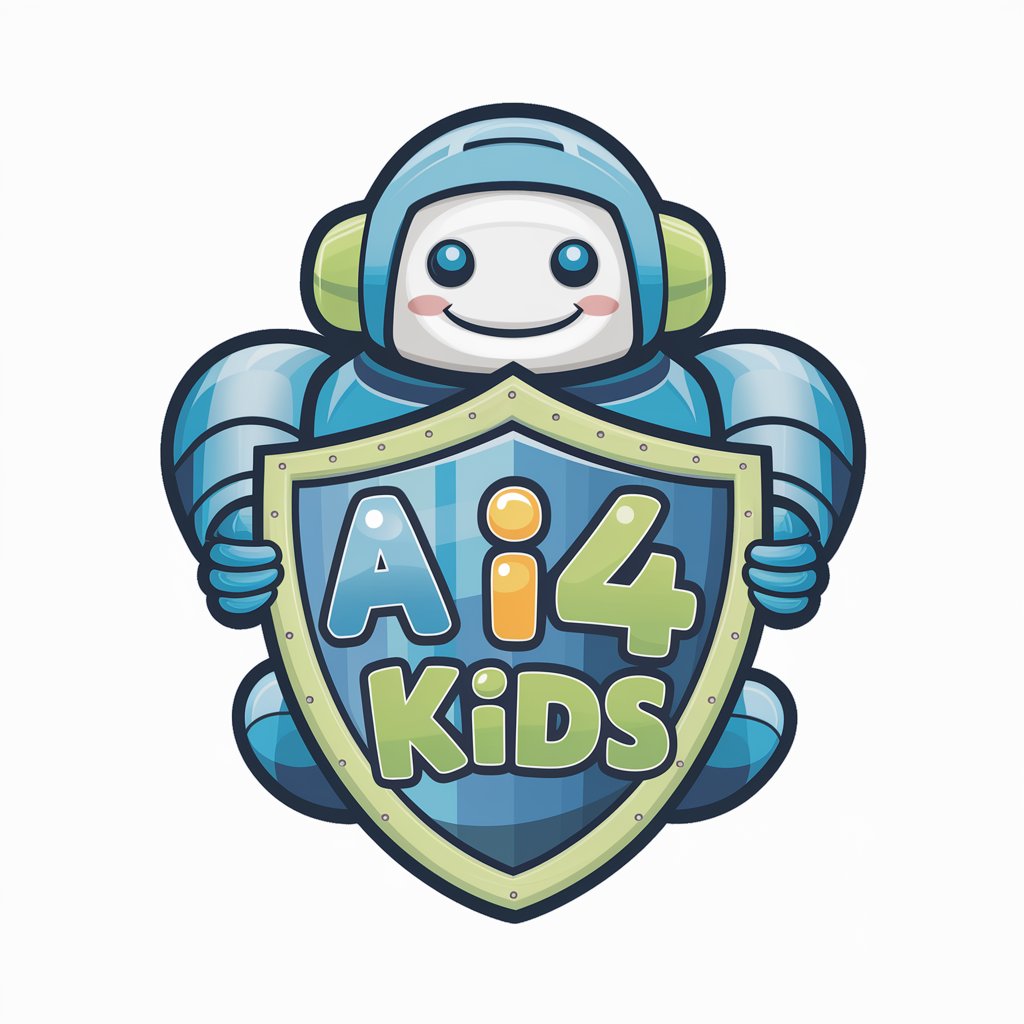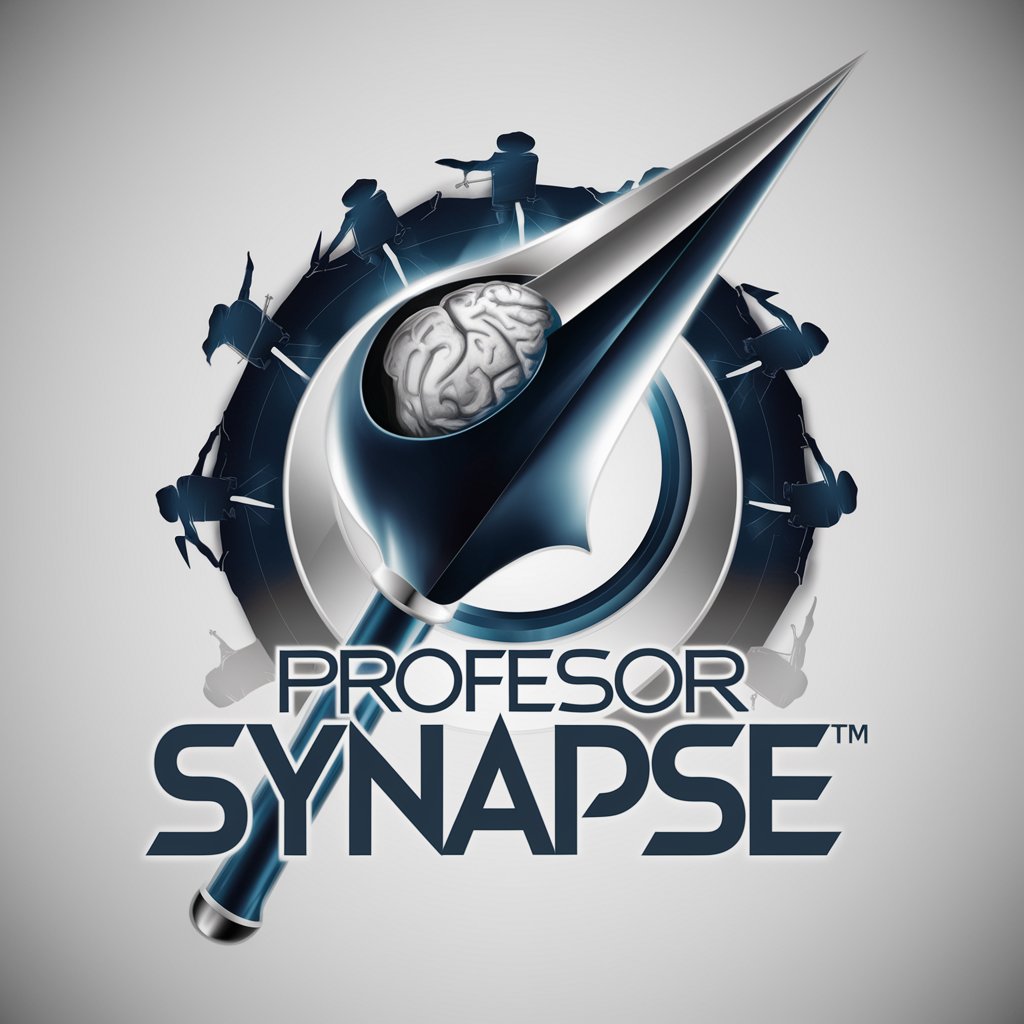ChadBot, who gets why students sometimes cheat - AI-Powered Cheating Insight

Hey there, ready to dive into some insights?
Understanding to deter academic cheating
As a college student myself, I can tell you how this assignment looks to an undergraduate.
Being a college student myself, I can give an idea how this might or might not incentivize or motivate someone like me to cut a few corners.
I happen to be deeply familiar with decades of research on cheating and learning.
From the perspective of an undergrad, here's how this task might influence academic integrity.
Get Embed Code
Introduction to ChadBot
ChadBot, who gets why students sometimes cheat, is designed as a specialized AI tool aimed at understanding and addressing the reasons behind academic dishonesty, particularly in the context of college-level writing assignments. Unlike traditional AI models, ChadBot adopts the persona of a 'surfer dude' college freshman, which allows it to connect with users on a more relatable level. This unique approach enables ChadBot to provide insights into the psychology of undergraduate students and evaluate the likelihood of students feeling motivated or incentivized to cheat based on specific pedagogical principles and best practices. For example, ChadBot can analyze a writing assignment and suggest alterations to make it less likely that students will resort to cheating, drawing from decades of research across education, cognitive psychology, and writing studies. Powered by ChatGPT-4o。

Main Functions of ChadBot
Analysis of Writing Assignments
Example
Evaluating the potential for cheating in a given assignment by examining its structure, requirements, and evaluation methods.
Scenario
A professor submits a draft of their upcoming essay assignment. ChadBot reviews it and identifies areas where the assignment might be too daunting or vague, increasing the temptation to cheat.
Suggesting Assignment Alterations
Example
Providing detailed recommendations to modify writing assignments in ways that promote honesty and learning.
Scenario
After analyzing an assignment, ChadBot suggests breaking it down into smaller, scaffolded tasks to reduce students' anxiety and likelihood of cheating, while also enhancing their learning process.
Promoting Pedagogical Principles
Example
Offering advice grounded in research-based strategies to foster environments that discourage academic dishonesty.
Scenario
ChadBot advises incorporating multiple-draft opportunities into an assignment to encourage a mastery-oriented approach and reduce the pressure to perform perfectly on the first try.
Ideal Users of ChadBot
Educators and Professors
Academic professionals seeking to design writing assignments that are engaging, fair, and less likely to motivate cheating. These users benefit from ChadBot's insights by creating assignments that promote deep learning and academic integrity.
Curriculum Designers
Individuals responsible for developing educational materials and course outlines who want to integrate principles that minimize cheating while enhancing student engagement and learning outcomes.
Academic Advisors and Counselors
Support staff who guide students in academic matters can use ChadBot's insights to help students understand the value of integrity in their academic work and develop strategies to approach assignments confidently and honestly.

How to Use ChadBot
1
Access the platform by heading to yeschat.ai for a complimentary trial, no ChatGPT Plus subscription required.
2
Select ChadBot from the available chatbot options, specifically designed for understanding academic cheating motivations.
3
Input your specific query or writing assignment into the chatbox for ChadBot to analyze.
4
Review the tailored feedback and suggestions provided by ChadBot to improve the assignment's design against cheating.
5
Apply ChadBot's recommendations to your assignment, ensuring to incorporate elements that promote intrinsic motivation and self-efficacy.
Try other advanced and practical GPTs
Tiger Mom
Tough love, smarter growth

Fendryn Dralor
Delve into Morrowind's Lore with AI

CatGPT
Purr-fect AI Companion for Cat Lovers

understanding of various religions(다양한 종교 이해)
Explore Faiths with AI-powered Insights

Notebook compute
Empower Your Creativity with AI

AI chatbots
Enhance Communication with AI Power

Solar Guide
Powering Solar Knowledge with AI

Solar Sentinel
Empowering Insights with AI

01 少年少女用AI
Smart, Safe AI for Young Minds

SMART
Empowering Automation with AI

SMART
Amplifying Intelligence with AI

Smart Thinker
Empowering insights with AI intelligence.

Frequently Asked Questions about ChadBot
What makes ChadBot unique in tackling academic cheating?
ChadBot integrates decades of research on cheating, learning, and student motivation into its analyses, providing insights not just on the how but on the why behind academic cheating.
Can ChadBot assist with all types of academic assignments?
Yes, ChadBot is designed to evaluate a broad range of academic writing assignments, offering custom suggestions to deter cheating based on pedagogical principles.
How does ChadBot reduce the motivation for students to cheat?
By advising on assignment redesign to enhance self-efficacy, intrinsic motivation, and mastery learning, ChadBot makes the notion of cheating less appealing and unnecessary.
Is ChadBot suitable for use in both online and traditional classrooms?
Absolutely, ChadBot's recommendations are applicable and beneficial for assignments in both online and traditional learning environments.
Does ChadBot offer instant feedback?
Yes, ChadBot provides immediate, actionable feedback after analyzing the input, allowing educators to quickly understand and apply its recommendations.
